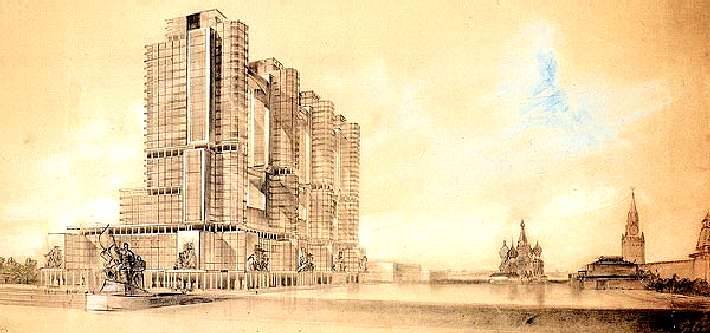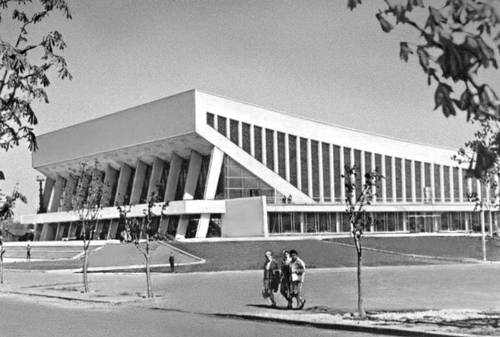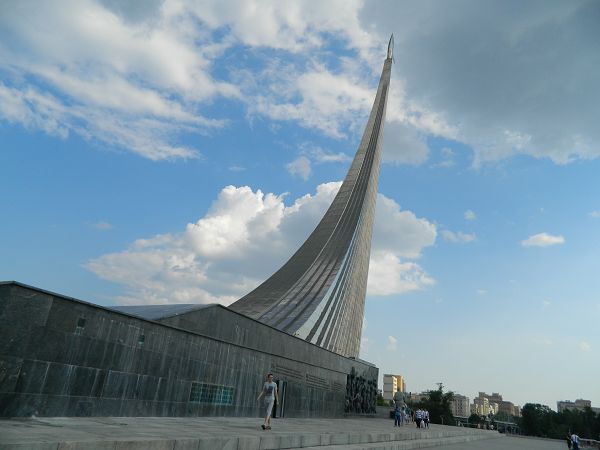All future updates will take the form of vintage Usenet posts
Excerpts from Usenet soc.history.what-if post “RE: Turning point of WW2?”
Post by
jbaptise@ens-paris.edu.ec
Alors, there’s a whole lot to unpack here (j’aime cette phrase!)
kwaters@cambridge.edu.ec wrote:
>I understand there is a lot of historical debate about the ‘turning
>Point of WW2. A lot of which is dragged down into the mire of Cold
>War politics, with AFS and Comintern historians both having their
>respective horses in the race.
Absolument! While who ‘won’ the war is of little consequence to the
present struggle, academics still succumb to nationalisme.
>One text I read put the turning point at Moscow in 41; Colonel
>Durand argued that when the Heeresgruppe Mitte failed to take
>the city, the Nazis lost any chance of winning the war. Macksey
>differs, arguing that the successful Iberian operation closed the
>door on victory by squeezing Hitler with a second front. And
>Guderian himself argued that Hitler’s failure to secure peace with
>Britain after the astounding victories of 42 was the decisive moment.
>These men are all well respected in the field, and I’m sure there
>are half a hundred other competing theories about the turning
>point. What say you, SHWI?
I say ‘all of the above’ and more. Industrial warfare doesn’t give us
Austerlitz or Waterloo. The war was not won by decisive battles
or campaigns. Part of Durand’s thesis, which I agree with (not
merely because he is from my alma mater) is that the war was largely
fought over control of the resources that would be used to fight it:
_oil, steel, coal, aluminum._
I’ll focus on the oil because it is _super_ important. It’s also something
neither Germany nor Japan had much native access to. It’s fair to
qualify WW2 as a war fought between those who controlled oil or its
access and states that didn’t.
Hobsbawm noted that Germany in particular had an oil deficit of
_millions_ of tonnes per year in 1940. All of that oil had to be imported;
much of it came from Rumania, which wa producing like 8 million
tonnes per year, and ramping up more with German investment. The
rest came from overseas, either in Italian Libya or from the world market.
Germany’s military success depended on the vaunted panzertruppe, the
motorized echelons of the army, and the Luftwaffe, and those all required
oil. Additionally, the Kriegsmarine required huge amounts of heating oil
for any offensive operations, and even the much more important u-boats
were diesel hogs.
I would argue that your could divide the European theater into two distinct
phases. The first, from May 1940 until roughly May 1943. Let’s call
this time the oil boon; Germany could gain access to whatever oil it
needed from the world market. Either enriching its allies in Rumania
or Italy, or shipping oil from Iraq/Kuwait, Arabia, Venezuela, or Canada.
While France and Britain were still neutral, much of this oil importation
would be facilitated by their shipping. After February 42, things got
somewhat complicated. But the Royal Navy did not have the means to
enforce a true blockade, especially with Spain still being neutral, and just
so happened to inherit a large amount of merchant shipping from occupied
Europe.
During this period, the German military had the dash and elan we remember
in popular history. Because their tanks, lorries, and planes had petrol; never
quite enough, but certainly sufficient to pursue mobile combat operations
while maintaining large strategic reserves.
Was there a sudden turning point? I don’t think so; the Comintern had
proved their mastery in the east by then. But with the end of Spanish
neutrality the oil situation got a lot worse. Nazi desire for autarky had
already sunk a lot of money into coal-to-oil tech, but it was not going to
make up for the lack of imports. After Stalingrad, and the Iberian Campaign
the OKW was forced to grapple with major shortages of oil. They took
a defensive posture in the East, limiting offensives to operational counter-
strokes, dramatically cut pilot and tanker training, ended what little civilian
fuel use that had remained, and tried to squeeze more blood out of the
Rumanian stone.
Germany put the last of its strategic oil reserves into July 1944’s Byelorussian
Campaign. Manstein used up the last of the country’s reserves attempting
an ultimately futile ‘backhand blow’ against the Comintern. From that point
onwards all military operations were constrained by the ever dwindling
production available, and that meant huge allocation issues.
Merde! I almost forgot to mention the loss of Libya and access to the Med,
Hitler wresting with his generals about strategy w/ re: the Caucasus!
Another time, I think.
~J. Baptiste
---
C’est magnifique, mais ce n’est pas la guerre: c'est de la folie.
(Happy April Fool's Day!)




